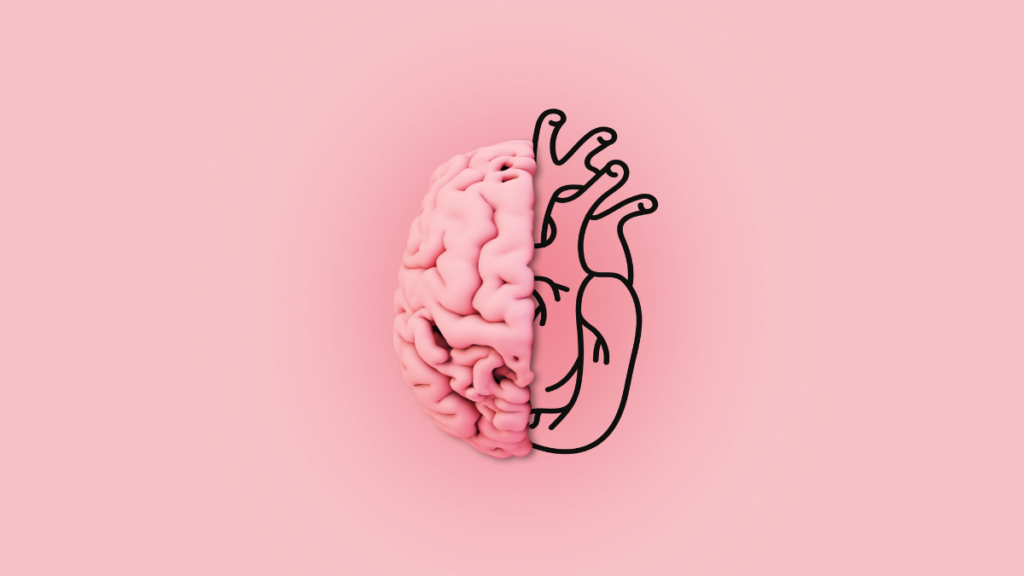A Journey into the Science of Connection
Have you ever wondered what makes love so magical? The answer lies in the captivating world of the neurobiology of love. When you experience the exhilarating rush of excitement or the comforting warmth of affection, it’s all thanks to the intricate dance of chemicals in your brain. The science of connection is a fascinating symphony of neurotransmitters like dopamine, serotonin, and oxytocin, which play a vital role in bonding, pleasure, and overall emotional well-being.
Dopamine: The Pleasure-Inducing Superhero in the Neurobiology of Love
Picture this: you’re with someone you absolutely adore, and suddenly, you feel a surge of happiness and excitement. That’s dopamine, your brain’s feel-good messenger, working its magic! When you’re head over heels in love, dopamine levels skyrocket, creating an electrifying sense of pleasure and reward. It’s like having your very own natural high whenever you’re with your special someone, all thanks to the incredible power of the neurobiology of love.
Oxytocin: The Love Potion That Strengthens Bonds
Oxytocin emerges as a true game-changer when it comes to social bonding. Often referred to as the “love hormone,” oxytocin is the chemical responsible for nurturing trust and deepening your connections. Whenever you experience physical touch or emotional intimacy, oxytocin levels rise, weaving an invisible thread that strengthens your bonds with each interaction. The neurobiology of love wouldn’t be complete without the powerful influence of oxytocin.
Serotonin: The Mood Maestro and Emotional Equilibrium
Love is a rollercoaster, and the neurobiology of love wouldn’t be complete without serotonin, your trusty companion that helps you navigate the ups and downs. As a mood stabilizer, serotonin works tirelessly to regulate your emotions and maintain a sense of balance amidst the exhilarating highs and challenging lows of love. It’s like having your own personal mood maestro, ensuring you stay grounded and emotionally stable throughout your romantic journey.
The Digital Dance of Love: Technology’s Impact on the Neurobiology of Love
In the digital age, where smartphones and social media reign supreme, the neurobiology of love takes on a new dimension. Our brains are constantly bombarded with a barrage of information and stimuli, and navigating online connections adds a new layer to the already intricate dance of neurotransmitters. It’s as if our brains are learning a new language of love, adapting to the unique challenges and opportunities presented by virtual interactions, all while the neurobiology of love continues to shape our experiences.
Embracing the Magic of A Neurobiological Wonderland
As you embark on the thrilling adventure of love, remember that the magic isn’t confined to your heart alone—it’s intricately woven into your fascinating neurobiology. The mesmerizing dance of neurotransmitters, including dopamine, oxytocin, serotonin, and even cortisol, creates a captivating symphony of emotions that define the human experience of love.
Embracing the knowledge of the neurobiology of love empowers you to appreciate the incredible intricacies of love on a deeper level. As you navigate the exhilarating twists and turns of your romantic journey, take a moment to marvel at the fact that your brain is wired for these beautiful connections. The neurobiology of love is your brain’s way of crafting a unique and unforgettable story, one that is entirely yours to cherish and explore.
